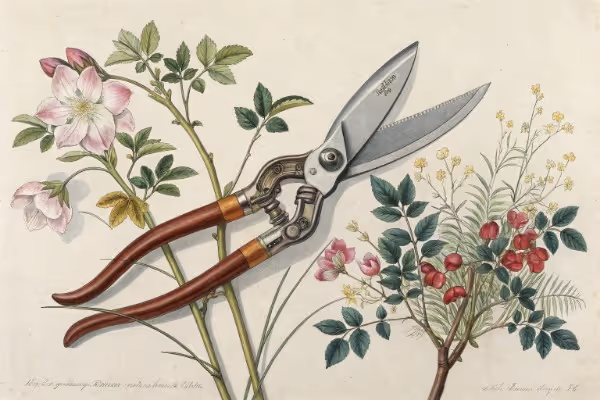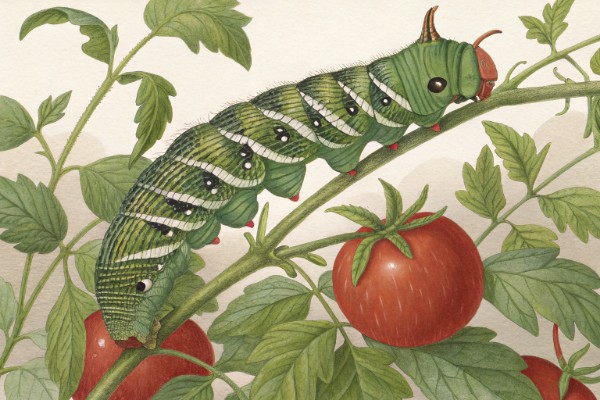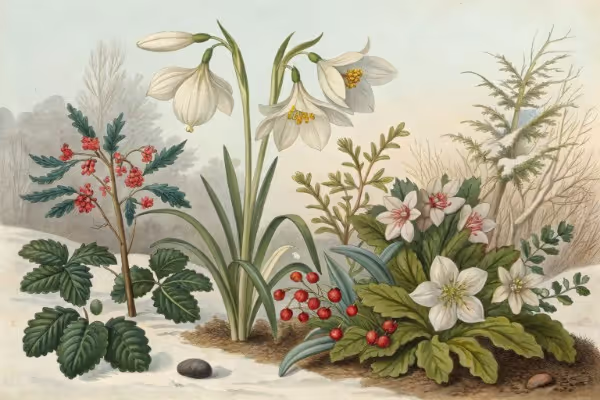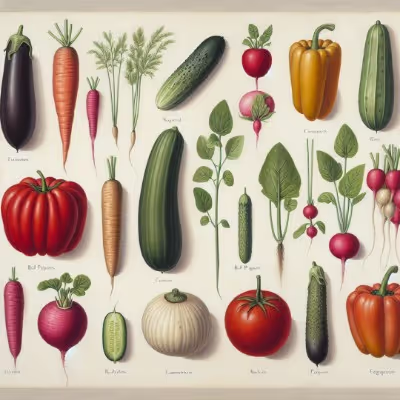Cinnamon Protects Seedlings Naturally Against Diseases
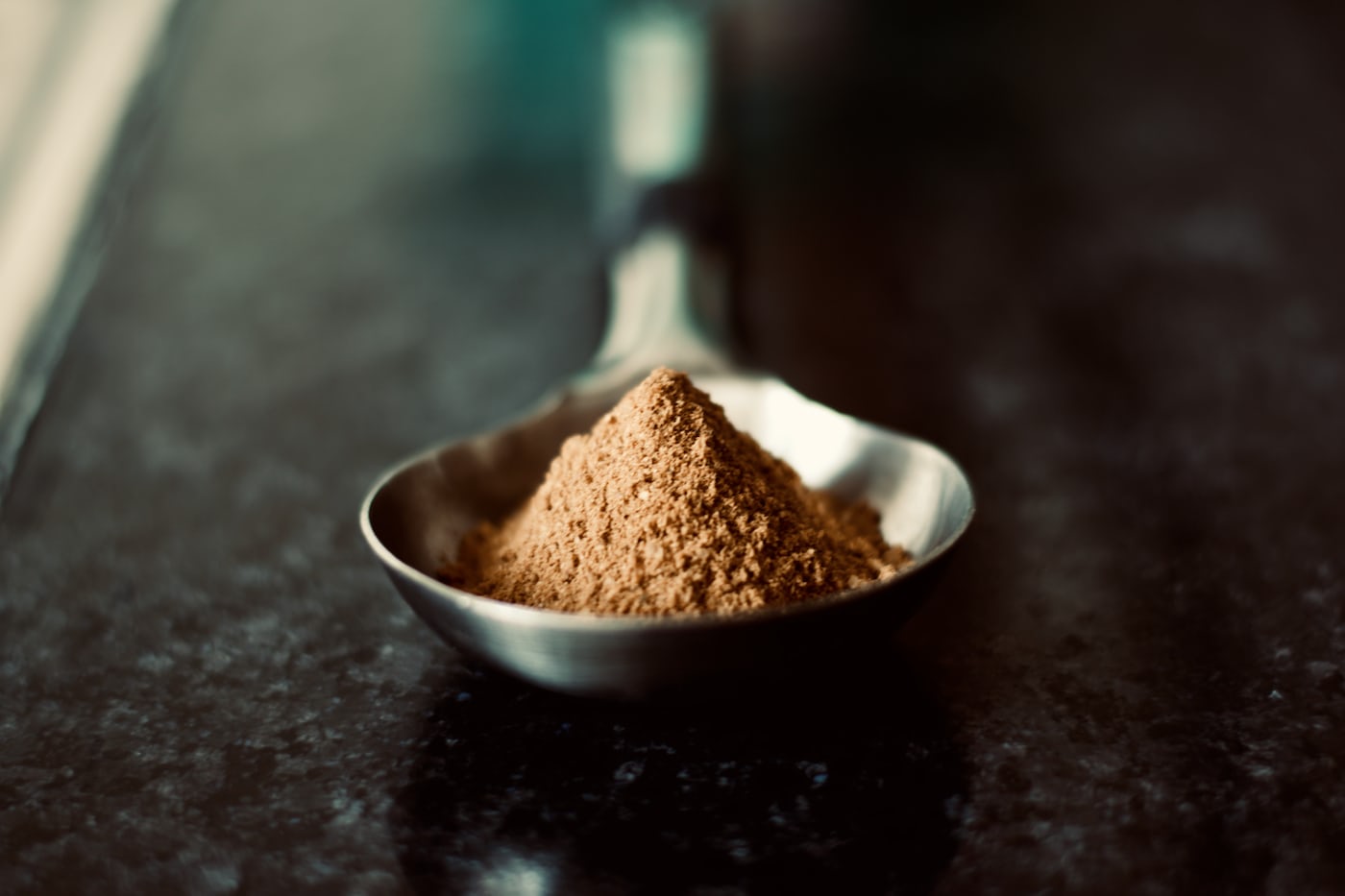
Cinnamon
Sprinkle a dash of cinnamon powder onto your seedlings to naturally ward off fungal diseases. Cinnamon's antifungal properties protect young plants, helping prevent damping-off and mold growth. Dust your seed-starting trays lightly with cinnamon to foster healthier, sturdier seedlings. This pantry favorite may surprise you—read on to discover how cinnamon can keep your garden vibrant and disease-free.
Cheatsheet: Shield Seedlings with Cinnamon
🌱 Why Choose Cinnamon
- Controls damping-off disease — 60% fewer seedling losses reported in trials
- Antifungal, antibacterial, non-toxic to pets, kids, pollinators
- Increases seedling survival, boosts self-sufficiency
🛠️ Tools and Products You'll Need
- Ground cinnamon (not sticks)
- Clean spoon or sifter
- Spray bottle (optional, for mixing)
- Seedling trays, pots, or direct garden bed
⚡ Application Steps
- Sprinkle dry cinnamon thinly over moistened soil surface after sowing seeds.
- For persistent issues, mix 1 tsp (5g) cinnamon in 1 quart (1L) warm water; shake, rest 12h, strain, and mist on soil.
- Repeat application after watering or every 7 days during seedling stage.
🌾 Pro Tips
- Store cinnamon in airtight jar—humidity weakens potency.
- Test on small batch first; rare plant sensitivity possible.
- Works for indoor and outdoor seedlings—avoid windy days outdoors.
Why Cinnamon Is a Seedling Saver
Seedlings. Those fragile little sprouts can be heartbreakingly easy to lose to fungal infections.
I've tried everything from chamomile tea baths to expensive fungicides, but nothing compares to the effectiveness—and sheer simplicity—of cinnamon powder.
Why Cinnamon Works Wonders
Cinnamon powder possesses natural antifungal properties, making it incredibly effective against common seedling diseases like damping-off.
The primary culprit behind damping-off—Rhizoctonia and Fusarium fungi—can wipe out entire trays overnight, leaving you frustrated and seedless.
Cinnamon acts like a protective shield, disrupting fungal growth and giving seedlings the breathing room they need to thrive.
Not convinced yet? Let me share a brief story.
A few springs ago, after losing fifty tomato seedlings overnight, desperation drove me to sprinkle cinnamon directly onto the soil surface of my remaining sprouts.
Surprisingly, within days, previously drooping seedlings regained vitality, and new infections ceased completely.
Since that season, cinnamon has become my first line of defense whenever sprouting seeds indoors.
How and When to Apply Cinnamon Powder
The beautiful thing about cinnamon powder? Simplicity.
To use cinnamon effectively:
- Wait until seedlings germinate and produce their very first "true" leaves.
- Then, lightly dust cinnamon powder evenly over the soil surface, careful not to coat the plants themselves heavily.
- Repeat the application after watering or whenever you notice suspicious fungal signs—soft stems, wilting seedlings, or fuzzy white growth on the soil surface.
Bonus Benefits of Cinnamon in the Seedling Tray
Beyond disease prevention, cinnamon powder serves additional roles, making it a gardener's best friend:
- Repels pests: The smell of cinnamon irritates and deters insects like fungus gnats, which typically infest moist seedling trays.
- Rooting hormone substitute: Cinnamon stimulates root growth and is excellent when propagating cuttings.
- Improved germination rates: Seedlings protected by cinnamon have demonstrated healthier growth patterns and vigor in my experience.
Studies reveal cinnamon essential oils can effectively stop fungal spores from germinating, reducing fungal growth by up to 80%.
A Few Quick Tips to Remember
- Always choose pure, ground cinnamon powder—not cinnamon sugar blends. Sugar attracts pests and fungus, making the problem worse!
- Use cinnamon lightly and consistently—excessive quantities can slow down seedling growth.
- Store your cinnamon powder in a dry, cool place (below 75°F/24°C) to maintain its antifungal properties.
Gardening commonly involves complex, time-consuming solutions—yet here, a simple pantry spice steps boldly front and center, proving again that nature often holds the best remedies.
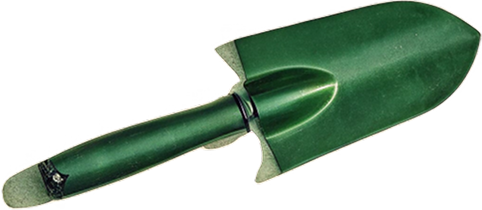
Want smarter plant choices? 🪴
Frequently Asked Questions About Using Cinnamon in Your Garden
How does cinnamon protect seedlings from fungal issues?
Cinnamon powder naturally inhibits fungal growth through its active compound, cinnamaldehyde, which possesses antifungal properties. Sprinkling cinnamon on seedling soil creates an environment unsuitable for fungi, reducing conditions that foster damping-off disease and similar fungal infections.
Which cinnamon type works best for gardening purposes?
For gardening applications, standard culinary-grade ground cinnamon available at grocery stores is effective. Ceylon cinnamon and Cassia cinnamon both contain antifungal qualities suitable for protecting seedlings and young plants.
How much cinnamon should gardeners apply to seedlings?
A thin, even coating of cinnamon powder sprinkled across the soil surface is sufficient. Approximately half a teaspoon (about 2.5 grams) per small seedling container or a generous dusting for seed trays adequately safeguards young plants.
When should cinnamon be applied to seedlings?
Apply cinnamon immediately after planting seeds or transplanting seedlings. Repeat applications every two to three weeks or after heavy watering to maintain protective effectiveness against fungal diseases.
Will cinnamon harm beneficial organisms in garden soil?
No, cinnamon powder selectively deters pathogenic fungi without harming beneficial microbes and earthworms. Its natural compounds target fungal pathogens specifically, allowing beneficial organisms to thrive.
Are there other gardening uses for cinnamon powder?
Yes, cinnamon is versatile in gardening. Gardeners use cinnamon to promote healthy root development on plant cuttings, deter garden pests like ants, and minimize mold growth on seedlings and indoor plants.
How should gardeners store cinnamon powder for gardening?
Store cinnamon powder in a tightly sealed container placed in a dry, cool location away from direct sunlight. Optimal storage temperatures range between 60–75°F (15–24°C), preserving cinnamon's potency and antifungal effectiveness.
Cinnamon doesn’t just belong in apple pie—this humble spice packs real muscle for gardeners. Sprinkling cinnamon on seedlings brings a natural defense, shutting down fungal threats and damping off faster than you can say “pass the watering can.” No lab coats, no fanfare—just a simple, old-school trick that actually works.
Mother Nature gave us cinnamon as a gentle, effective answer to pesky plant diseases. The next time you’re coaxing tender shoots from soil, reach for your spice rack. A bit of cinnamon might be the most straightforward, reliable protection your seedlings ever get.
The Homesteader's Take on Cinnamon for Sustainable Gardening
Extend Seed Lifespan Naturally
Dusting dry seeds lightly with cinnamon prior to storage inhibits mold and preserves viability, naturally extending seed shelf-life up to 40% longer.
Root Cuttings Without Chemicals
- Dip plant cuttings into cinnamon powder before planting—a natural rooting agent boosting success rates.
- Cuttings treated with cinnamon show faster root growth, typically speeding up development by 5-7 days.
Natural Pest Deterrent in Compost Bins
A sprinkle of cinnamon over compost deters pests, eliminates odors, and prevents mold, enhancing compost quality and nutrient availability.
Repel Ants and Garden Insects Safely
- Trace garden boundaries and container edges with cinnamon powder to naturally block ants and soft-bodied pests without chemicals.
- Application every 2 weeks maintains optimal effectiveness.
Enhance Soil Health Organically
Regular soil amendments with cinnamon improve beneficial microbial activity, enhance root nutrient absorption, and bolster plant resistance against pathogens without disrupting soil balance.
Support Sustainable, Self-Sufficient Gardening
- Cinnamon provides cost-effective disease prevention, reducing reliance on commercial fungicides and chemical inputs.
- Shelf-stable and multi-use, this cupboard staple significantly reduces gardening expenses over time.
Find out which plants will thrive in your garden!
Answer a few fun questions and get custom plant recommendations perfect for your space. Let’s grow something amazing together!

start your season
